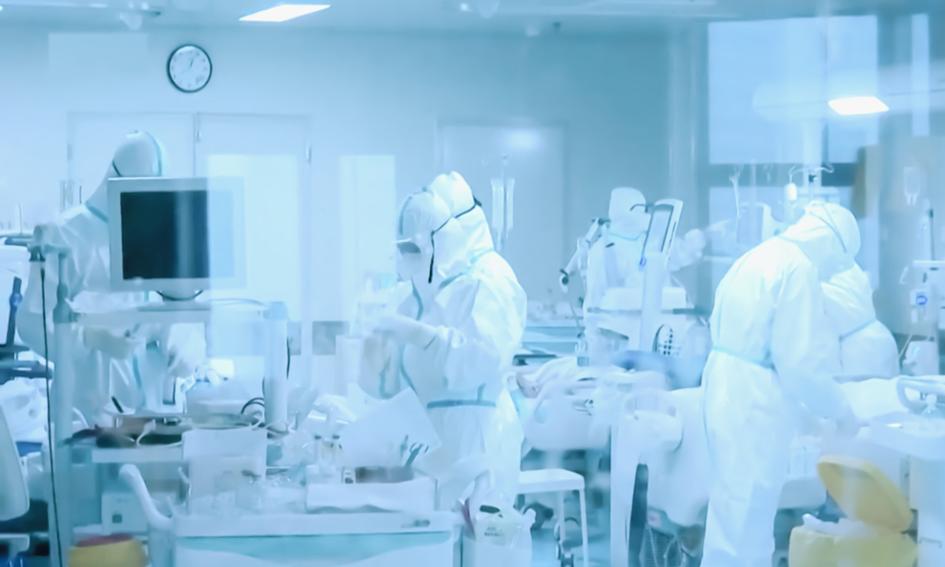2022-06-24 06:51
Publishing
2022-06-24 06:51


Scientists from China report that they have managed to obtain a stem cell in the laboratory, from which a whole body can be formed. “It’s the holy grail of biology,” the researchers say.
Scientists from China’s Tsinghua University have pointed out that cloning, regeneration and even life formation is one of the most ambitious efforts currently being undertaken in the field of biology.
Discoveries that could theoretically lead to such possibilities have already been awarded by the Nobel Committee.
Now the Chinese team has described in the prestigious journal Nature another breakthrough in manipulating the fate of cells. The researchers identified a mixture of materials that can be obtained from more specialized cells – a stem cell so versatile that a whole body can be formed from it.
They assert that this is a method that can replace fertilization in some way.
Says Professor A. Sheng Ding.
Every living organism, with all its tissues and organs, develops from a single cell. After fertilization, this cell is called the zygote. As it begins to divide, it produces more and more specialized cells, which later form all parts of the body. However, when this happens, the cells gradually lose their comprehensiveness and no longer restore it.
After 20 years of understanding these mechanisms and testing thousands of materials, researchers have found three compounds that transform relatively easily-obtained pluripotent stem cells (in this case, mice) into more comprehensive mature cells.
The above zygote belongs to the whole cells.
They are so versatile that they can develop into embryonic and placental cells.
The scientists confirmed the result with genetic and metabolic tests, and then allowed these cells to develop after injecting them into an early mouse embryo. The obtained cells also functioned as fully grown cells in this assay. The combination of materials developed by the researchers also means that subsequent generations of cells have also retained their full nature.
This is important because it will allow for example to conduct a variety of research related to the beginning of life, incl. How the successive cells and structures that give rise to organs are formed.
Scientists say that, in theory, in the distant future, it may become possible to create new life or accelerate the evolution of species.
Naturally, they note, disagreements will arise, including of an ethical nature. Even today, there are discussions about the use of existing technologies. For example, consideration has been given to extending the time period in which a human fetus can be tested in the laboratory beyond the acceptable 14 days, the researchers note.
They claim that they are fully aware of the consequences of their research, but they assert that the scientist’s role is primarily to make new discoveries now, and that future generations, who have more knowledge and understanding, will be able to make the right decisions.
More information at: https://www.nature.com/articles/s41586-022-04967-9 (PAP)
Marek Matakz
mat / beech /

Echo Richards embodies a personality that is a delightful contradiction: a humble musicaholic who never brags about her expansive knowledge of both classic and contemporary tunes. Infuriatingly modest, one would never know from a mere conversation how deeply entrenched she is in the world of music. This passion seamlessly translates into her problem-solving skills, with Echo often drawing inspiration from melodies and rhythms. A voracious reader, she dives deep into literature, using stories to influence her own hardcore writing. Her spirited advocacy for alcohol isn’t about mere indulgence, but about celebrating life’s poignant moments.









